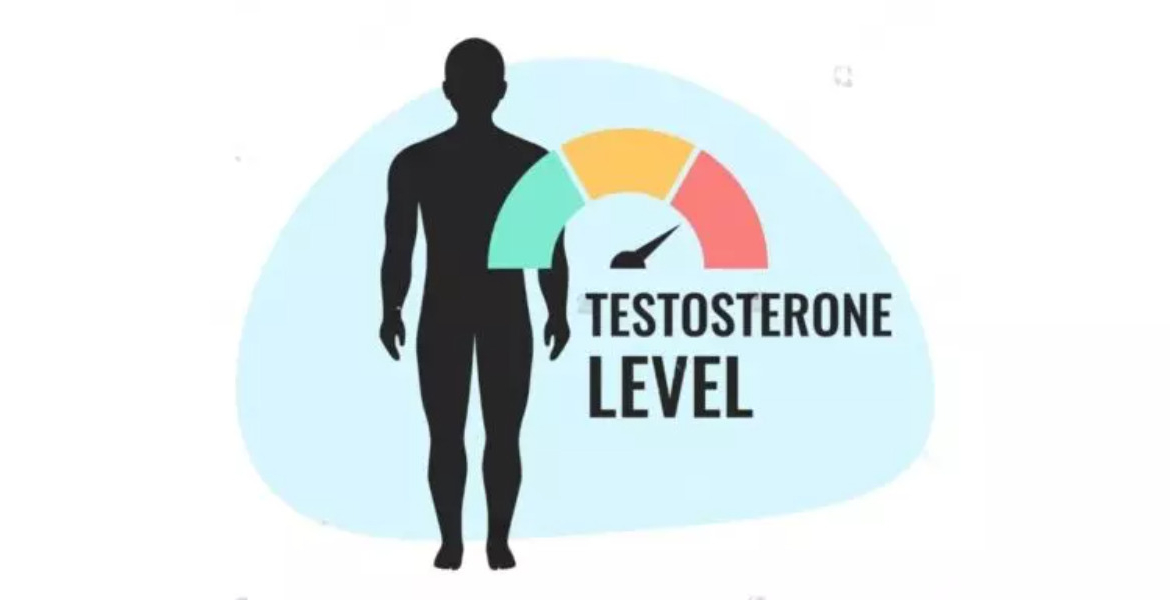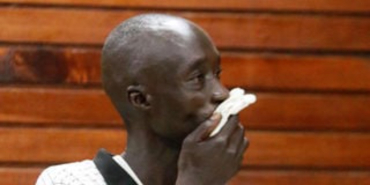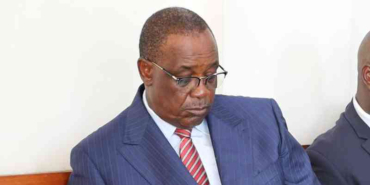Low Testosterone in Young Men: Why You're Always Tired and Gaining Weight

A growing number of Kenyan men are experiencing testosterone deficiency, a condition that affects their physical, emotional, and sexual health.
Once seen as a natural part of ageing, it is now understood to be influenced by various factors, including obesity, stress, and lifestyle habits. Testosterone, a hormone commonly linked to male sexuality, also plays a vital role in regulating metabolism, muscle and bone strength, red blood cell production, and cognitive function.
Although testosterone levels naturally decline with age, experts warn that poor lifestyle choices are accelerating the process, even among younger men. Dr Davis Ombui, a consultant endocrinologist at Aga Khan University Hospital, observes an increasing number of patients presenting with symptoms of low testosterone, noting that cases have risen from two to three per week.
While the condition is most common in men over 50, younger individuals, particularly those misusing synthetic hormones in bodybuilding, are also affected. The symptoms of testosterone deficiency can be subtle. Men may experience fatigue, reduced libido, erectile dysfunction, irritability, and a general loss of motivation.
Physical changes such as increased abdominal fat, decreased muscle mass, and thinning body hair are also common. These symptoms are often mistaken for stress or normal ageing, which means many men seek treatment only when sexual dysfunction occurs.
“By the time they come in for help, the damage is often more extensive than they realise,” says Dr Ombui. “Their metabolism, bone density, and mental health may already be compromised.”
The effects of untreated testosterone deficiency can have serious consequences. Metabolic disturbances may lead to obesity, insulin resistance, and cardiovascular disease. Weakened bones increase the risk of fractures, while psychological impacts, including depression and cognitive decline, can significantly affect quality of life.
Access to diagnosis and treatment is limited. In Kenya, testosterone testing costs between Sh3,000 and Sh5,000, while monthly therapy can reach up to Sh20,000. Most patients must cover these costs privately, and regular monitoring is necessary due to potential side effects of testosterone replacement therapy (TRT), which include prostate enlargement and cardiovascular strain.
TRT, available through injections, gels, or patches, can help restore energy, mood, and sexual function, but it is not suitable for everyone. “It suppresses sperm production,” Dr Ombui explains, “so it’s not ideal for men who wish to remain fertile.” Alternatives like human chorionic gonadotropin (HCG) and oestrogen-blocking medications are available, but are less frequently used.
A key challenge is the lack of routine screening for testosterone deficiency. Unlike menopause, which is widely recognised in women, the decline in testosterone, or ‘andropause,’ is not widely monitored. Diagnosis generally occurs when symptoms become more severe or when men seek treatment for sexual dysfunction.
Misunderstandings surrounding testosterone therapy further complicate early diagnosis. Many believe the treatment is only for enhancing sexual performance or assume that erectile problems linked to diabetes or hypertension are unrelated to hormonal imbalance. Others fear the safety of hormone therapy, despite evidence that, when properly managed, it can be both effective and safe.
Dr Ombui encourages men, especially those over 50 or with underlying health conditions, to seek evaluation if they experience persistent symptoms. He also stresses the importance of prevention through regular exercise, balanced nutrition, adequate sleep, and avoiding smoking and excessive alcohol.








Add new comment